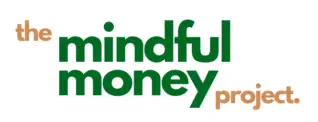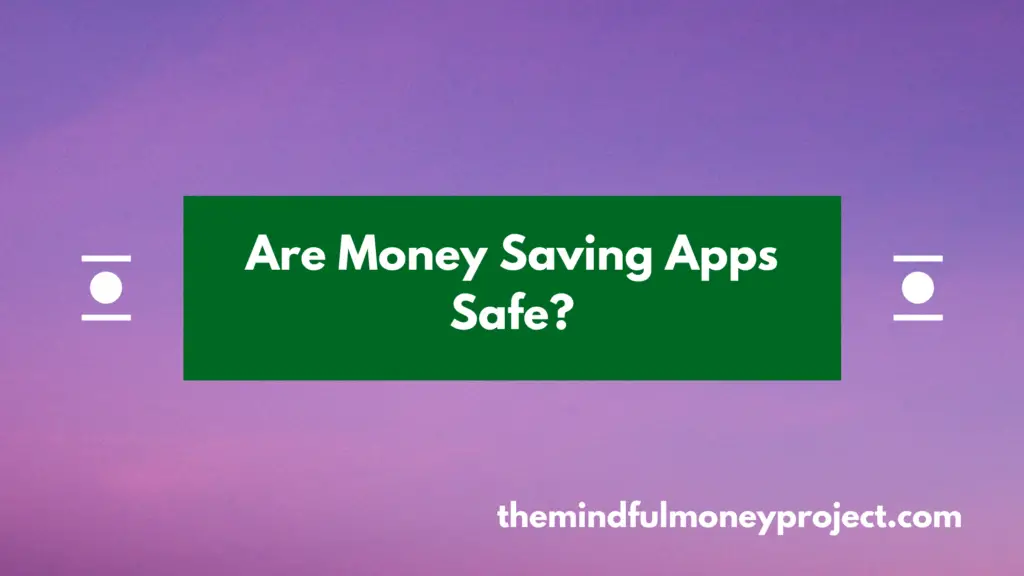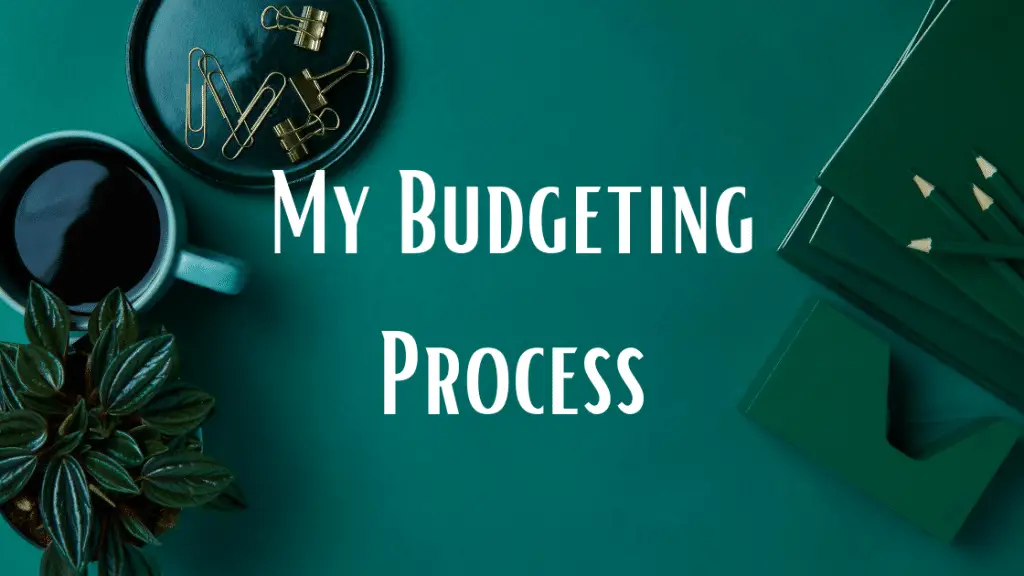Ah apps. Love them or hate them, they are an increasingly important part of our lives. A set of these apps promise to help you save money, effortlessly. But, are money saving apps safe?
*Any links with an asterisk may be affiliate links. Even though we may receive a payment if you use this link to sign up for the service, it does not influence our editorial content and we remain independent. The views expressed are based on our own experience and analysis of the service.
What is a money saving app?
The tools available to manage your money has evolved and modernised.
Initially, you’d be cracking out a spreadsheet to track your spending. Then came along the budgeting app and spend trackers.

But now here we are, in the future. With auto saving apps.
These are the apps that try to do some of the thinking for you.
They connect to your bank account and they help you work towards your savings goal.
Their aim is to use smart AI and behavioural psychology to analyse your spending habits and figure out ways to save money for you without you even noticing.
This could range from arranging transfers of little bits of money little and often, so you don’t notice it going out. Or it could mean smart rules such as “spare change” rules which simply round each purchase up whilst siphoning the difference to a savings account, or saving a set amount each day.
All with the intention of improving your ability to save money, without really needing to put the effort in. The aim is to sit back and carry on like normal, and your savings account will be diligently growing thanks to these apps making saving money a breeze with their automatic saving features.
Sounds like a great result to me.
Of course, if you’re feeling the sting of this automatic savings app regime, you can pare it back a bit and tell the app to ease off.
What are the best money saving apps?
There are a few contenders in this space. Such as:
- Plum*
- Cleo
- Moneybox
- Chip
- Digital banks such as Monzo and Starling Bank have similar functionality within their individual banking app
Is it important to have savings protected?
The risk is that either of the below go bankrupt and close:
- the money saving app or
- the bank holding your money on behalf of the money saving app
If this were to happen and there were no protections in place, you would lose your savings.
However, the Financial Services Compensation Scheme (FSCS) in the UK provides protection for savers in eligible regulated banking providers.

This is a very valid thing to be concerned about, as a lot of these money saving apps are new companies that are growing and building new business models. With any new company, is the risk that they don’t become profitable or generate any cash. And in some instances, these new start ups may even have to close their doors.
This is where these protections come into play.
Are money saving apps safe?
The level of protection does vary on these apps.

Most high-street banks offer protection on your savings through the Financial Services Compensation Scheme (FSCS) in the UK.
Some of the apps listed do also have full FSCS coverage (meaning up to £85,000 of savings held with them are protected under the scheme), whereas others hold an “electronic money” licence.
What this “electronic money” licence means is that they need to hold their customers’ money in a separate account from their business account (so your money can’t be used to help run their business). As an example, this is normally ring-fenced with a larger bank such as Barclays or HSBC.
If the money saving app goes bust, you are protected due to having your money held in a separate, ring-fenced account.
However, there is an additional risk. If the bank where your money was sent went bust, rather than the money saving app itself going under, then your money may not be protected. It is not as clear-cut, but generally speaking your money isn’t classed as a standard deposit. That being said, the FSCS said they tend to deal with these on a case by case basis, so there may be protection dependent on the circumstances.
Chip
The money held in your “interest account” and Chip+1 account is covered by the FSCS scheme as it is held within their partner bank ClearBank, whereas any money held in your e-money wallet is not.
Anything held in your e-money wallet is held in a ring-fenced Barclays account via electronic money specialists Prepaid Financial Services (PFS). And so in the instance of Chip going bust, your money will remain within the ring-fenced Barclays account.
Worth noting that the interest is not protected under the scheme by default due to technically being a marketing bonus.
Plum*
The “interest pockets” are given the usual protection afforded by the FSCS as they are held with Investec. So any savings within Plum and separately held with Investec are protected up to the £85,000 limit.
But by default, any money saved in the Plum standard pocket is an e-wallet and so isn’t afforded the same protection. However, this money is held in a ring-fenced account and can’t be lent to other customers. So in the instance that Plum or their e-money provider went out of business, your money should still be safe.
Cleo
Any money Cleo sets aside for you is put into an e-wallet. This isn’t given the protection of the FSCS scheme. It is, however, held in a ringfenced e-money account with MangoPay which is managed by Barclays. This means your money is protected in the instance of Cleo going out of business, but there is a risk if Barclays does.
Cleo are confident in their privacy and data standards that they offer an £85k “security pledge“. This covers you up to that limit in the instance of any losses which are attributable to sign-up and use of Cleo. A showing tell as to how confident they are in their system.
Moneybox
For their investment products, Moneybox is protected by the FSCS scheme up to £85,000. Although bear in mind this does not protect you from investment losses, only in the instance that Moneybox goes out of business.
For its cash and savings products, this money is held in ring-fenced accounts with third-party banks. This is covered under each respective bank’s FSCS scheme.
Moneybox partners with various banks for various products, the full list of which can be found on Moneybox’s website here:
- the personal pension is held with Barclays Bank Plc.
- Cash Lifetime ISA is held with either OakNorth Bank plc, Investec Bank plc or across a range of diversified banks who all have FSCS coverage
- 95 day notice account is held with Investec Bank plc
- 45 day notice account is held with Charter Savings Bank plc
- reward savings account is held with Cynergy Bank
How about data privacy?
Other than FSCS and protections of your money, we want to know how safely our data is stored.

All of the apps use the Open Banking API to connect to your accounts. This means you approve of sharing your data with these apps from within your banking provider itself. Meaning your login details are never shared with the money saving app.
Chip
Chip have reiterated their position as a data controller and in full compliance of the GDPR regulations.
Your online banking login details are protected using 128+ bit encryption and Chip does not store this data.
Plum
As with Chip, Plum explicitly confirm they are a registered data controller and are compliant with the GDPR regulations.
But they also:
- never store (or have access to) your banking login details
- only have read-only access to your banking transactions and so in the instance that there was a breach no money can be transferred out of your account
- use 256-bit TLS encryption to communicate between the browser and their servers
- they run their servers on Amazon’s cloud, which is also trusted by some of the biggest financial institutions in the world
Cleo
Cleo have provided their own security pledge with protection for any losses attributable to sign-up and use of Cleo to the tune of £85,000 in the UK and up to $250,000 in the US.
This obviously shows the Cleo team’s confidence in their security set up, but reiterate on their website that they run security practices that match those of their bank and use 256-bit encryption.
Moneybox
They are registered as a data controller and reiterate their compliance with the GDPR regulations. As well as maintaining their data security standards and procedures to the most rigorous industry standards. These include 256-bit, bank-level encryption for the transmission of sensitive financial and personal data.
Moneybox also have a regular audit on their systems and controls by an information security company called Perspective Risk.
The information provided by your bank to Moneybox is only ever read-only. Further, your banking login details are never transferred, read or seen by Moneybox (it is all managed within the Open Banking API connection).
Alternatives to money saving apps
These apps are great if you want a hands-off approach to your personal finances.
However, if you want to really get under the skin of your money and in full control of it, you’ll want to wrestle some of that control back from these apps.
I find a simple spreadsheet works wonders for setting a budget.
But then using really intuitive and simple budgeting and spend tracking apps completes the setup. These apps help you to easily see where and how much you are spending.
Some good budgeting and spend tracking apps to consider:
See my three-way head to head between these apps here.
Also, it is worth noting that these automatic saving apps are very rarely (although sometimes they can be) the highest paying interest rate account. Make sure to check the latest offers on normal savings account(s) as well to ensure your money is working hardest for you.
Conclusion: Are Money Saving Apps Safe?
With the personal finance app world exploding in choice, you’re right to question the safety of these services.
In terms of data protection and privacy, all of the apps use the Open Banking API to connect to and access your banking data. This provides a good level of security straight off the bat, as it only gives read-only access and doesn’t share your banking login details.
In terms of saving protection, the protection varies by provider and product. This is either between full FSCS protection of up to £85,000, or protection via funds being stored in a ring-fenced account with a third party provider.
This does help to mitigate the risk of losing money if the money saving app goes out of business, but it still leaves you potentially exposed if the bank that is holding your money goes out of business (although this is examined on a case by case basis).
Hopefully this has helped arm you to feel more confident to answer the “are money saving apps safe?” question. But I would love to know; have you ever used one of these apps? How confident are you in their security and protections? Drop a comment in the section below.




